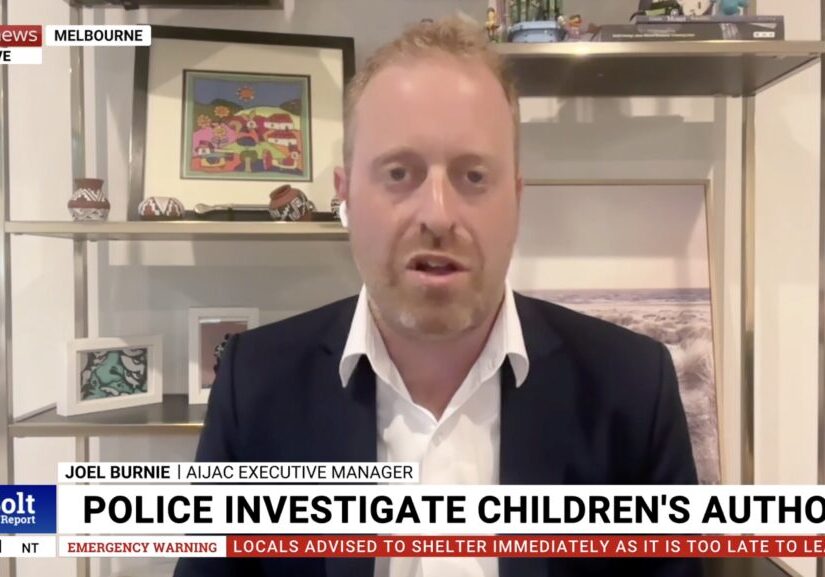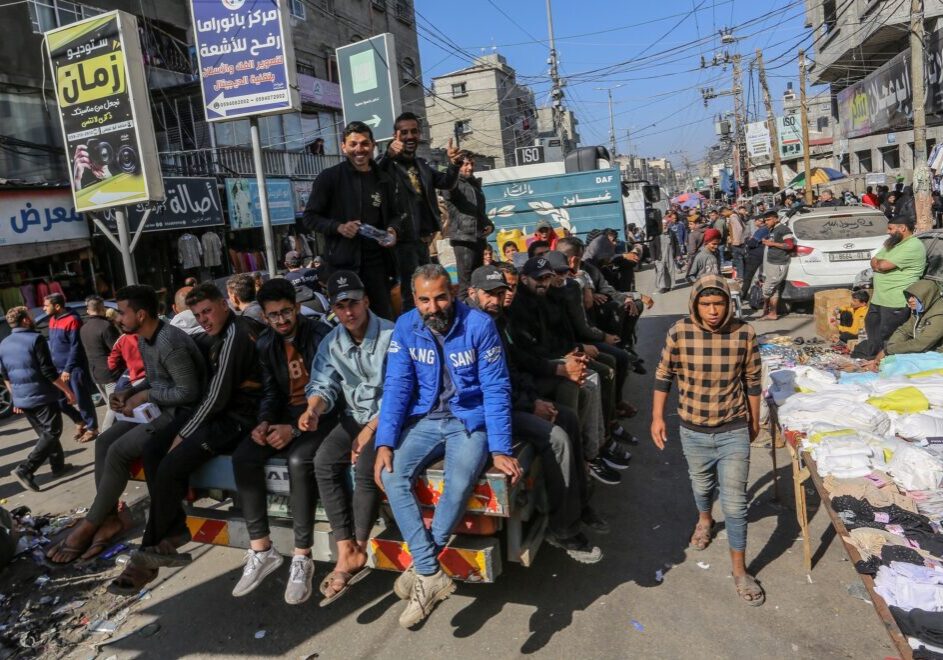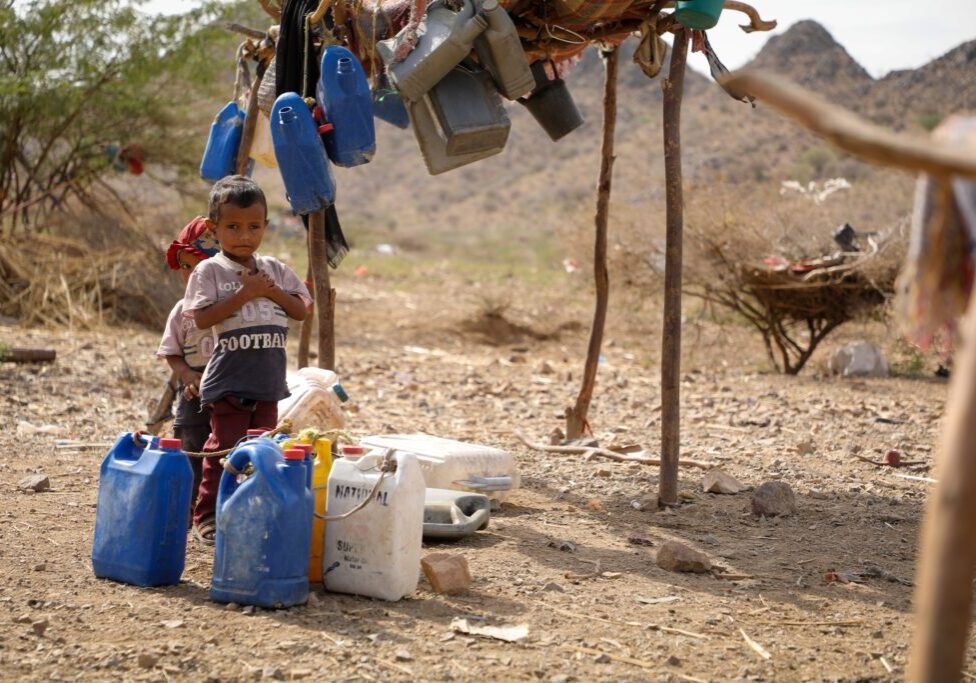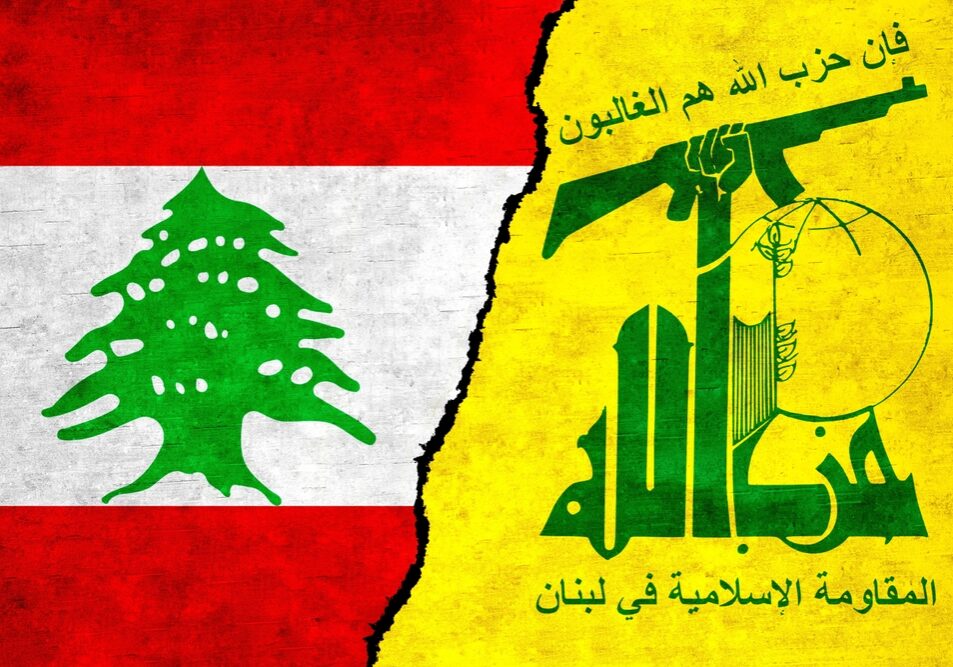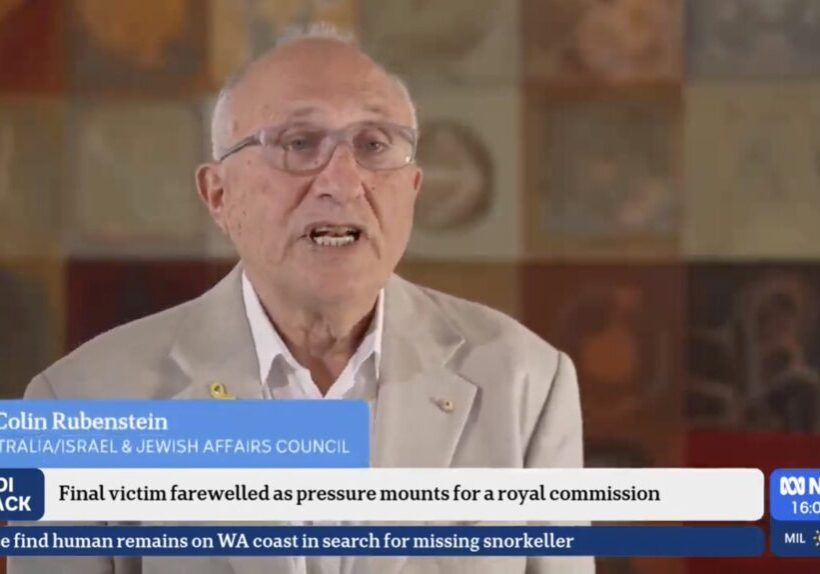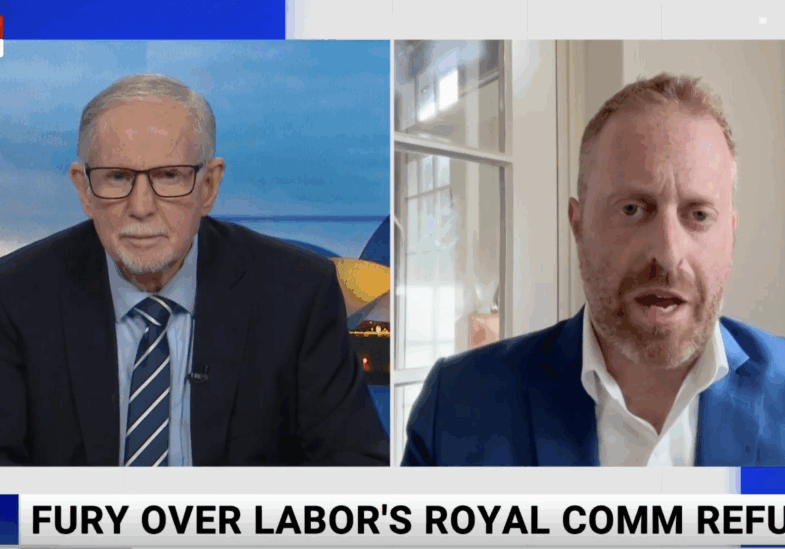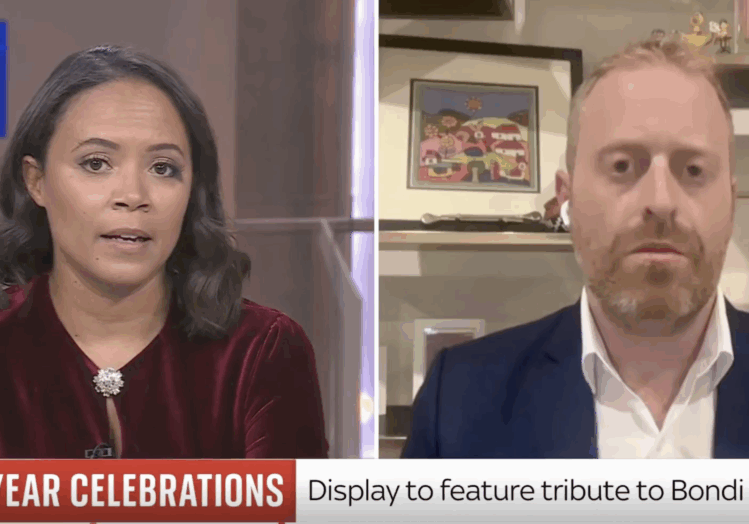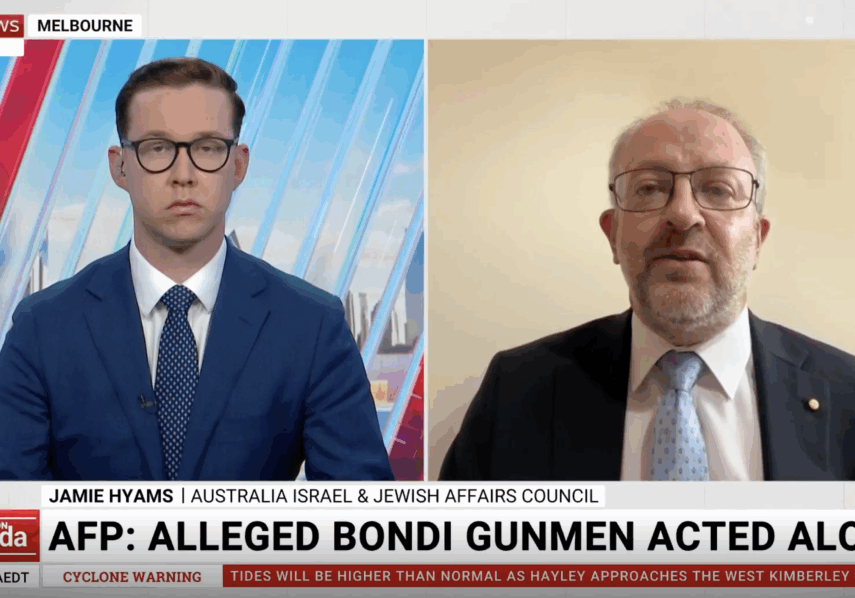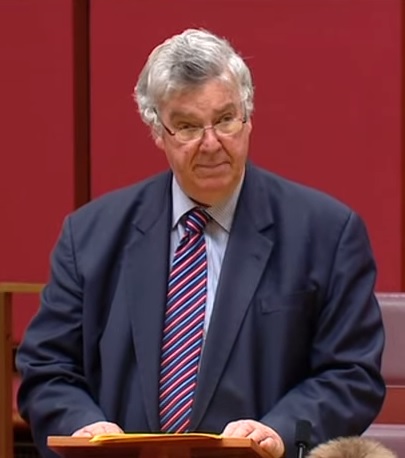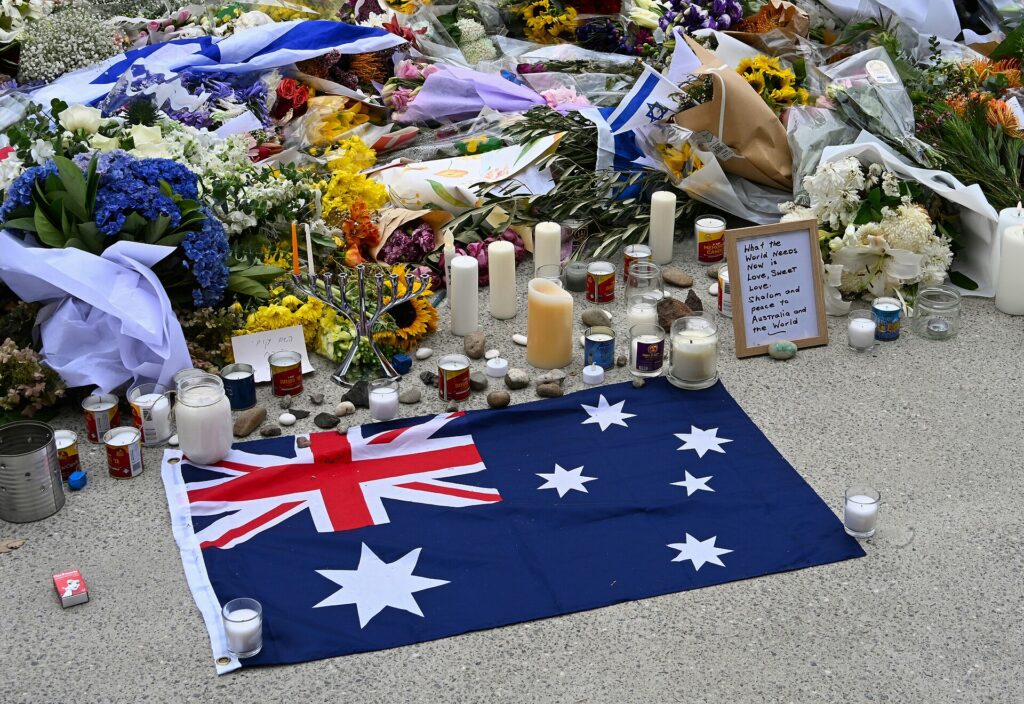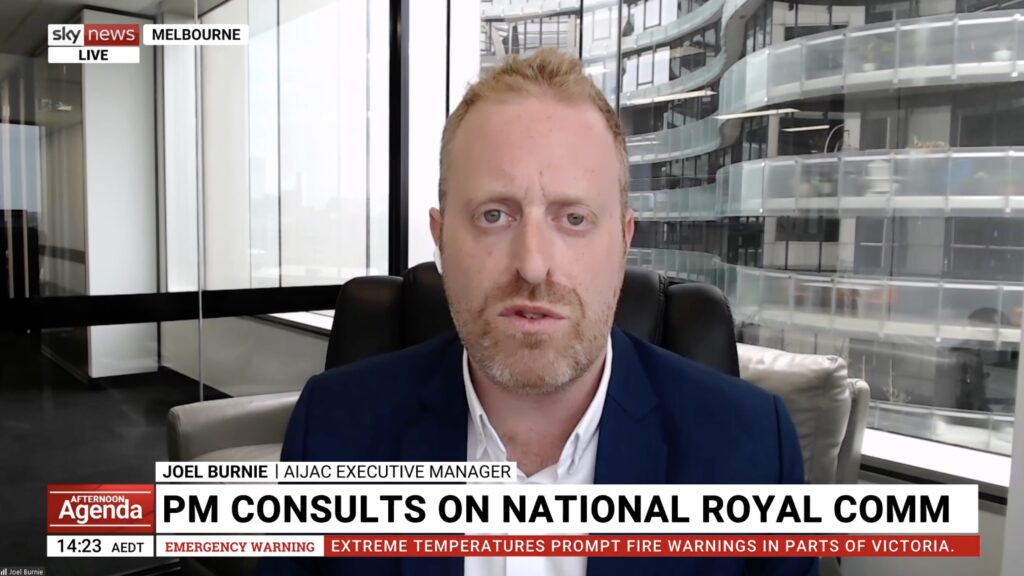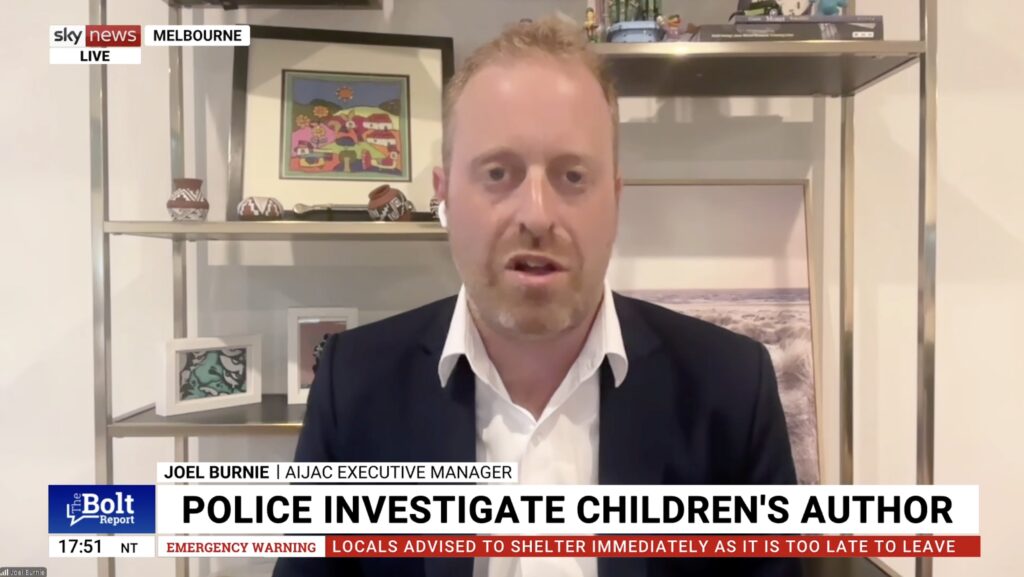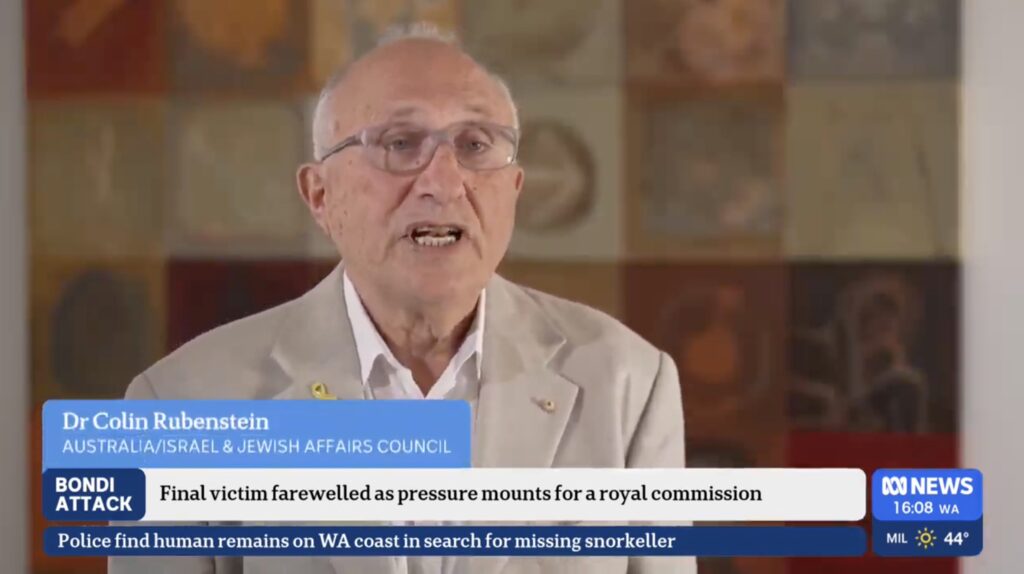FRESH AIR
Australia needs to take more decisive action regarding Iranian threats against its citizens
March 1, 2023 | Oved Lobel
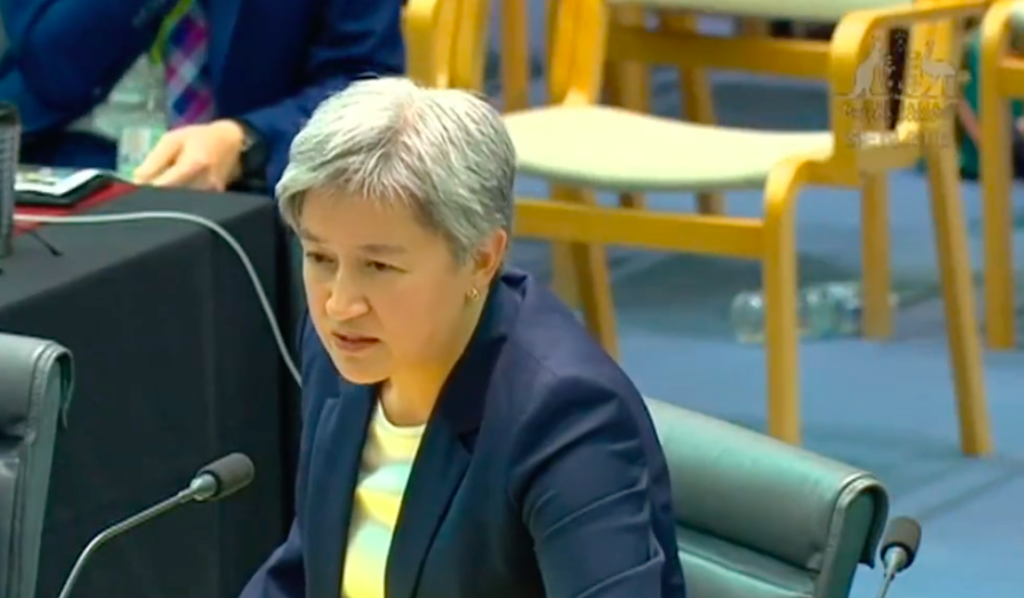
On Feb. 14, Home Affairs Minister Clare O’Neil revealed to an audience at the Australian National University that, “Late last year, ASIO disrupted the activities of individuals who had conducted surveillance of the home of an Iranian-Australian, as well as extensive research of this individual and their family… ASIO tracked the operation and shut it down immediately.”
Approximately one week later, ASIO Director-General Mike Burgess revealed during his annual threat assessment:
ASIO recently detected and defeated attempts by intelligence services from two different countries to physically harm Australian residents. In each case, the target was considered a critic of the foreign regime. In one case, the intelligence service started monitoring a human rights activist and plotted to lure the target offshore, where the individual could be – quote – “disposed of”. In another, a lackey was dispatched to locate specific dissidents and – quote – “deal with them”.
One of these countries was almost certainly Iran, which has used this modus operandi across the world to kidnap or lure victims in order to abduct them and bring them back to Iran or, if all else fails, simply tries to assassinate them in place. Assuming, as is extremely likely, that the Director-General was referring to Iran, it’s unclear whether this is the same case revealed by the Home Affairs Minister on Feb. 14.
Asked about that incident in Senate Estimates, the Department of Foreign Affairs and Trade Secretary Jan Adams and Foreign Minister Penny Wong refused to give any information, telling Senator Claire Chandler that the incident did not change Australia’s stance on diplomatic relations with Iran, with the latter asserting that the Senator was “linking two issues which may not be linked.”
How direct attempts to spy on, intimidate and potentially assassinate Australian citizens by foreign regimes aren’t linked to diplomatic relations with said regimes is unclear. However, there is no doubt that the sole case revealed in outline on Feb. 14 is only the tip of the iceberg, and that Iran is likely conducting a similar range of dangerous activities in Australia as it is in the UK, Europe, US and elsewhere.
We know for certain that at the very least dozens of Iranian-Australians and other critics of the regime, such as former hostage Dr Kylie Moore-Gilbert, have been spied on and threatened. The apparent Australian reaction to this surveillance has been to keep the details of all such cases under wraps, and if Canberra is doing anything about it, we do not know what that might be. There is no evidence that Australia has expelled any diplomats, applied any sanctions or brought any criminal charges against any Iranians or their agents in this country in response to any of these incidents.
Senator Chandler told the Australian newspaper in January:
[It is] absolutely clear that the IRGC is involved in a wide range of activity which represents a threat to Australia and Australians. Other nations have been forthright in acknowledging this threat and open with the public about IRGC actions targeting their citizens. Australia’s government has not, and that should change.
Revealing one specific case, even with no culprit identified and no action reported, is a start. Nonetheless, while ASIO is to be commended for heading it off, part of combatting such threats is to identify the culprits and organisations responsible and take action – criminal, diplomatic or otherwise – against them. Hushing up such plots and our responses to them not only encourages further interference, but has a chilling effect on the communities suffering from these foreign efforts and damages their willingness to inform the police.
This is an issue that directly concerns the Jewish community in Australia. As reported by the Jewish Chronicle, recent revelations from Iran suggest the regime has been “mapping” the Jewish diaspora across the world in order to build a list of potential targets should Israel ever attack its nuclear facilities. This was confirmed by the UK’s Security Minister Tom Tugendhat, who told Parliament that, “Between 2020 and 2022, Iran tried to collect intelligence on UK-based Israeli and Jewish individuals. We believe this information was a preparation for future lethal operations.”
There is little doubt that Iran is carrying out a similar activity in Australia, as well. Moreover, as Tugendhat said:
We know that the Iranians are using non-traditional sources to carry out these operations, including organised criminal gangs. They are paying criminal gangs to conduct surveillance. Basically, the Iranians are using crooks based in Britain to spy for them. You can be very clear that I wouldn’t have mentioned Jewish and Israeli targets unless I had good reason to do so.
There have been several cases of Iran contracting out assassinations and terrorism to organised crime, both in the attempted assassination of Iranian dissident Masih Alinejad in the US as well as the would-be bombing meant to kill the then Saudi ambassador to the US in 2011.
Any potential overlap between organised crime in Australia, particularly Middle Eastern criminal networks, and Iran’s Islamic Revolutionary Guard Corps (IRGC) and Intelligence Ministry (MOIS), could prove to be extremely dangerous for Australians. This is especially true given the evidence that the IRGC’s Lebanese front, Hezbollah – itself a transnational organised crime syndicate – is intimately intertwined with Middle Eastern organised crime networks here, including at least one specific criminal figure being an outright “Hezbollah functionary”.
It has been nearly a month since the Senate’s Foreign Affairs, Defence and Trade References Committee released its report on its inquiry into human rights implications of recent violence in Iran. It appears the Government intends to ignore many or most of the recommendations in the report, dismissing any questions about its strange laggardness on imposing further sanctions on Iran compared to most of our allies as “partisan”.
Ideally, there will eventually be a further expansion of Magnitsky sanctions on Iranian individuals and entities involved in domestic human rights abuses. But Australia should also be undertaking, publicly, criminal or diplomatic action against any Iranians or their local agents, criminals or otherwise, that are involved in intimidating, harassing and potentially trying to kidnap or kill Australians.
Tags: ASIO, Australia, Claire Chandler, Clare O’Neil, Hezbollah, IRGC, Iran, Jan Adams, MOIS, Mike Burgess, Penny Wong, Terrorism
RELATED ARTICLES
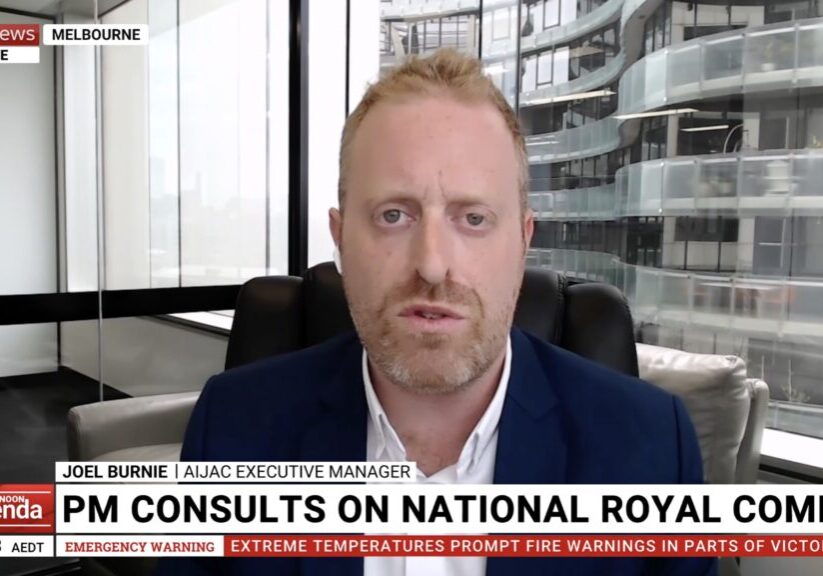
Parameters of a Royal Commission will be crucial: Joel Burnie on Sky News
